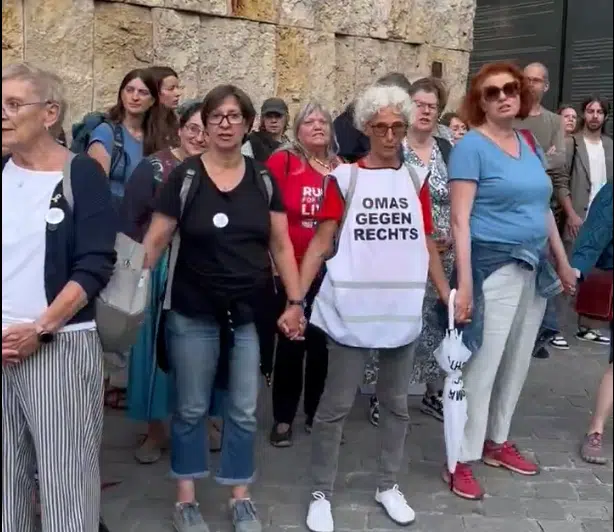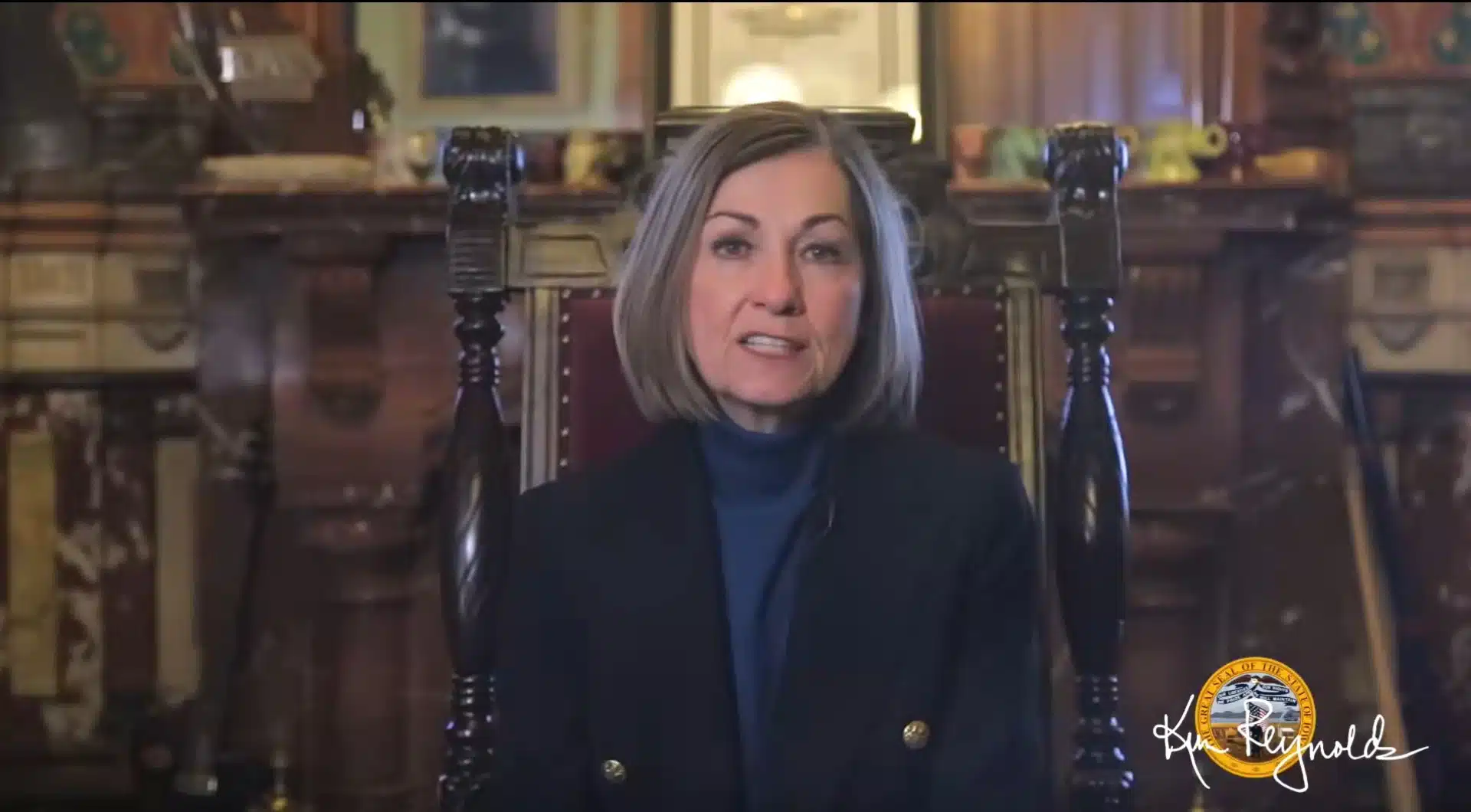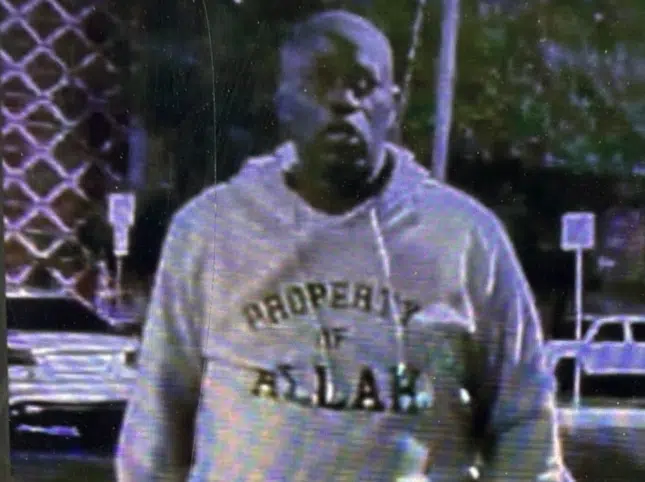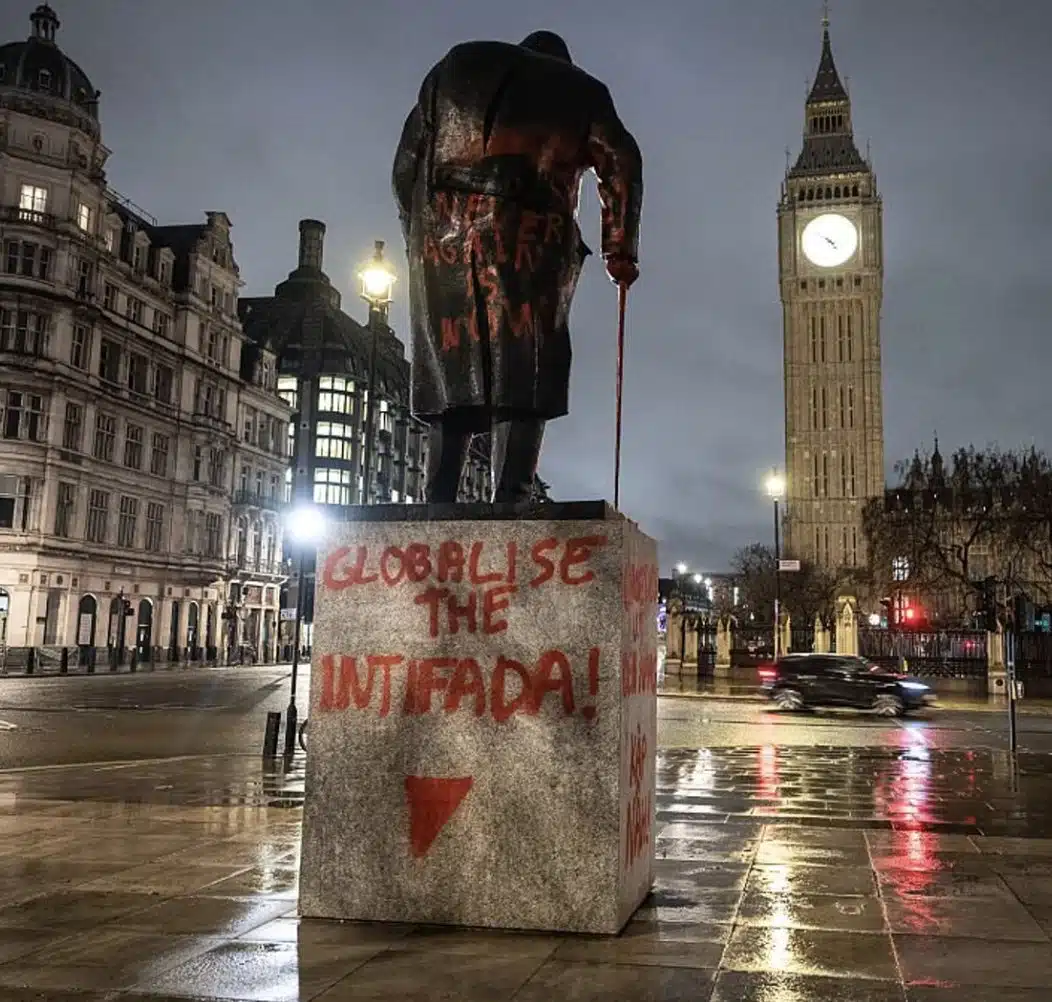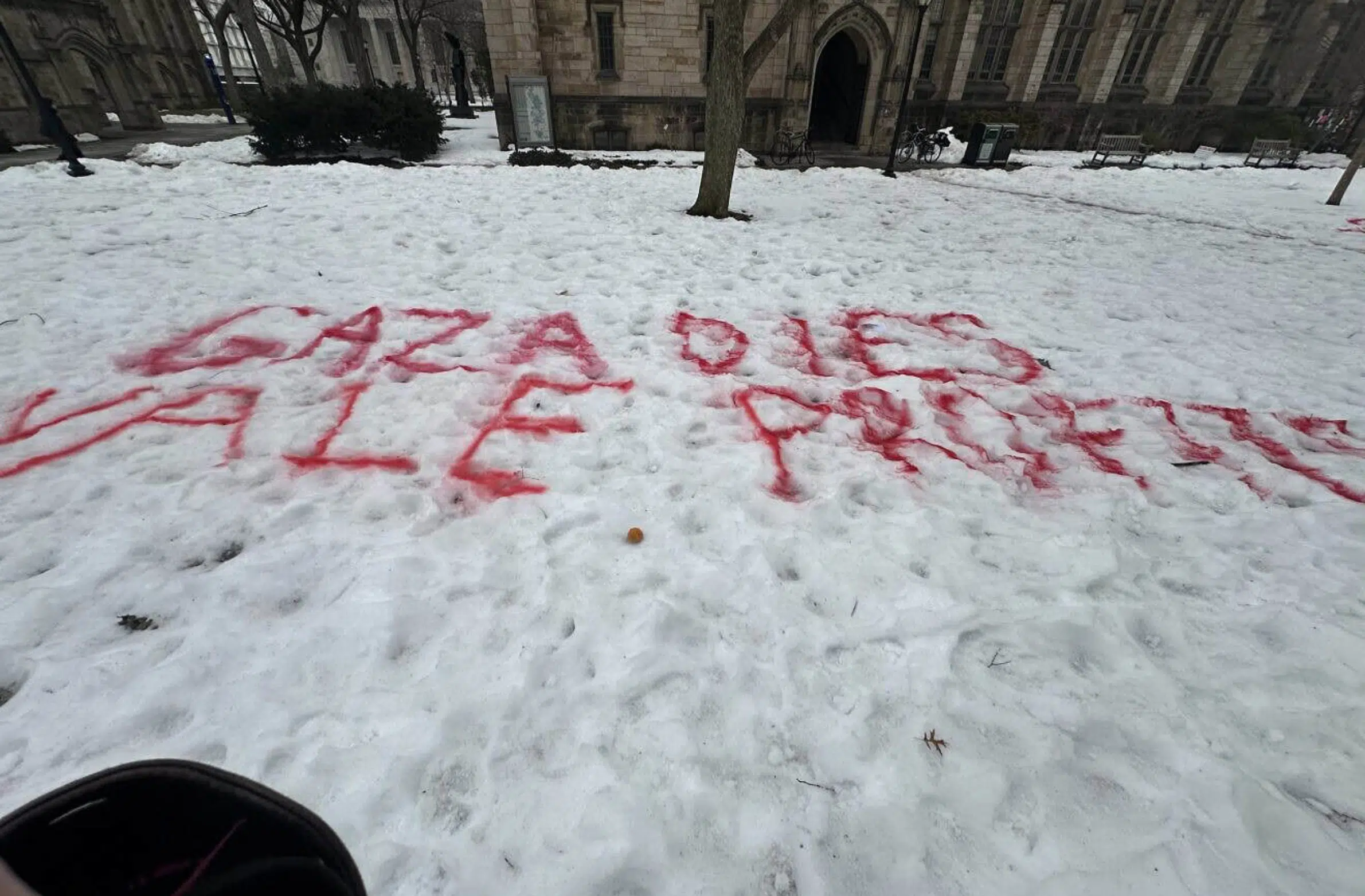|
Getting your Trinity Audio player ready...
|
In a powerful display of solidarity, hundreds of residents of the southern German city of Munich formed a human chain around the city’s main synagogue last Friday evening, standing shoulder-to-shoulder to protect the Jewish community as a mass anti-Israel demonstration passed directly in front of the building during Shabbat services.
The protest — organized by the group Palestine Speaks — was permitted by city officials to march along a route that passed within feet of the Jakob Synagogue — a decision that drew outrage from Jewish leaders and public figures, who warned it posed a direct threat to communal safety.
The rally featured chants of “Death to the IDF” and displays of Palestinian flags, with protesters reportedly glorifying Hamas and vilifying hostages held in Gaza as “war criminals.”
Despite an increased police presence, including 150 officers, mounted patrols, and security checkpoints, the decision to allow the rally’s timing and location raised alarms. Holocaust survivor and Germany Jewish community leader Charlotte Knobloch condemned the approval, calling it a “deliberate provocation” meant to intimidate worshipers.
“They chose this exact time — Friday night — because they wanted to send a message,” she told the German newspaper Suddeutsche Zeitung. “It was not coincidental.”
Local residents responded with action. Activist coalition Munchen ist Bunt rallied citizens under the banner “We protect our synagogue!” forming a peaceful, interfaith barrier against hate. The crowd included musicians, clergy, local politicians, and everyday citizens united by one purpose — standing against antisemitism.
On July 18, 2025, hundreds of Munich residents formed a human chain at Jakobsplatz to shield their synagogue during Shabbat prayers, standing against a nearby pro‑Palestine rally marked by antisemitic chants. pic.twitter.com/X5ujOoyEFM
— Combat Antisemitism Movement (@CombatASemitism) July 23, 2025
At a solidarity event in nearby St. Jacob’s Square, former Mayor Christian Ude, former Regional Bishop Susanne Breit-Kessler, and others spoke alongside Knobloch. Bavaria’s antisemitism commissioner, Ludwig Spaenle, warned that the protest wasn’t about geopolitics but about scapegoating Jews. “This is no longer a question of Israeli policy — these are demonstrations against Jews, plain and simple,” he said.
One nun, Sister Gisela, stood defiantly in the line wearing a yellow hostage pin. “To stand with our Jewish brothers and sisters is the very least we can do in the face of this hatred,” she declared.
Public outcry has intensified as city officials claimed there was no “sufficient indication of risk” to ban the demonstration — a rationale many consider dangerously naive amid rising antisemitic incidents across Germany and around the world.
In a time when antisemitism feels increasingly pervasive, from the halls of power to the corners of everyday life, what happened in Munich was something far too rare — ordinary people choosing to show up, to link arms, and to say with quiet courage that their Jewish neighbors will not stand alone. And neither will those who dare to stand with them.

